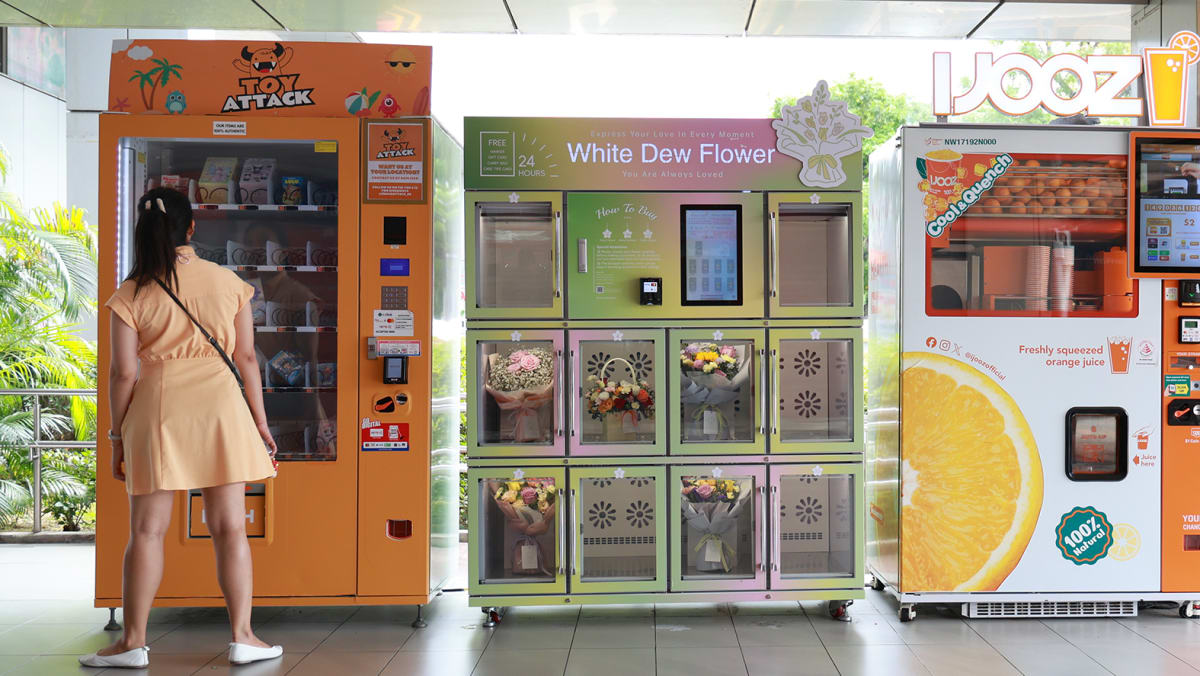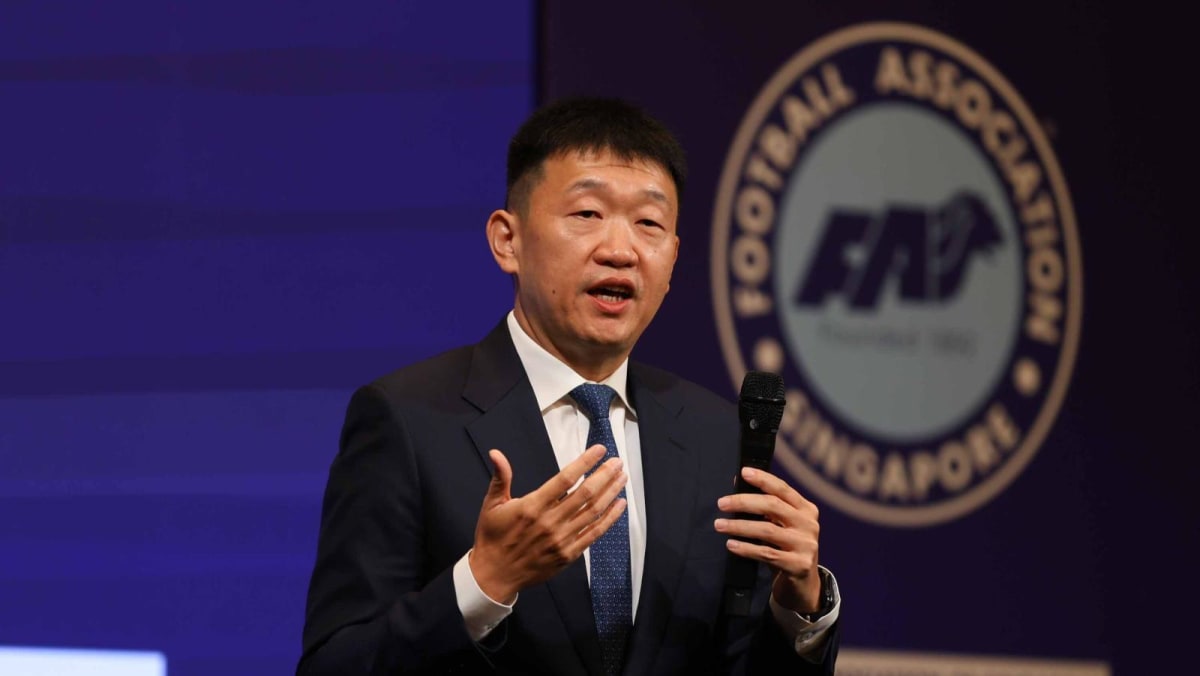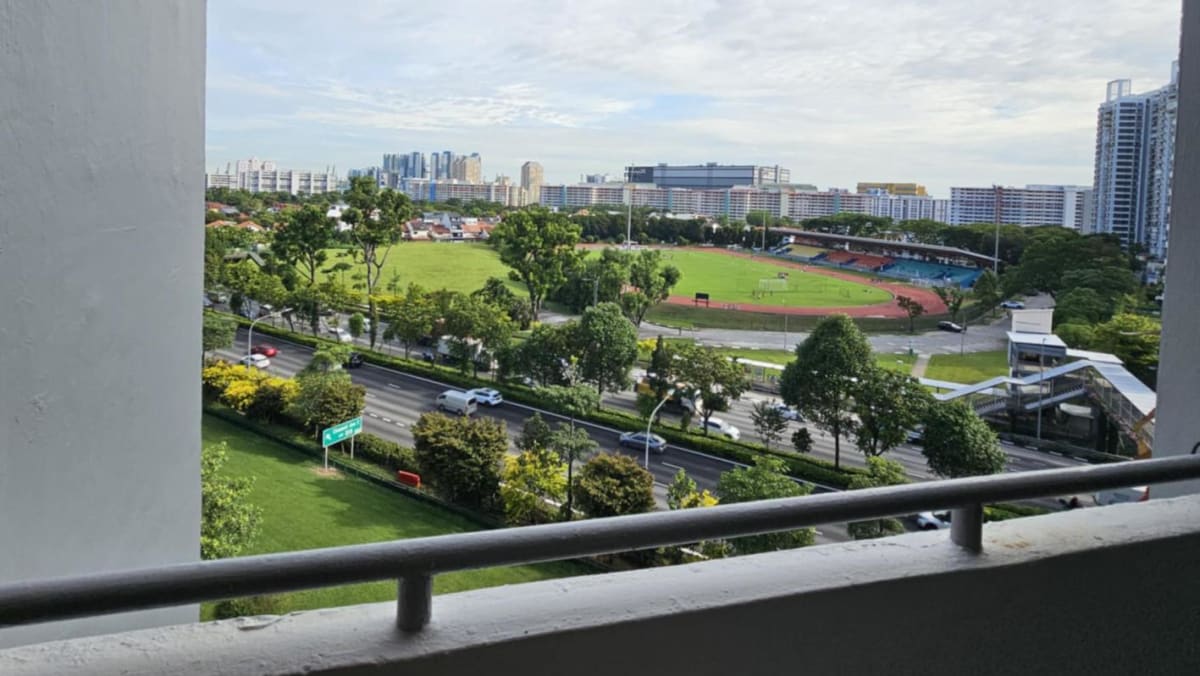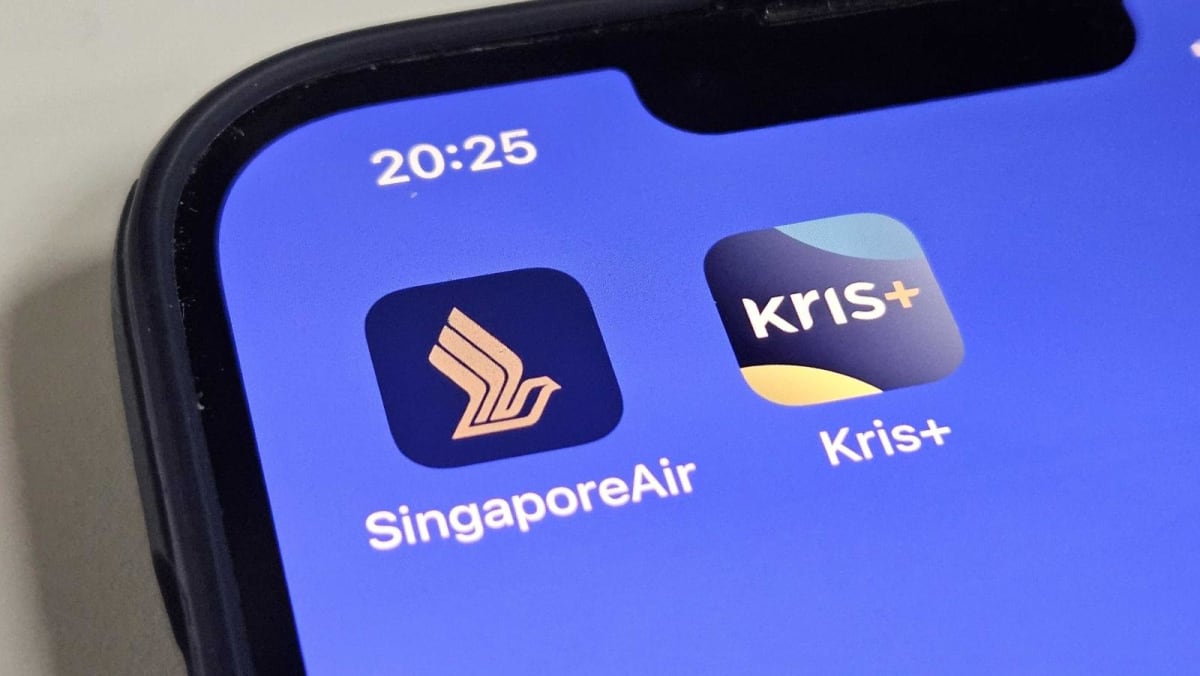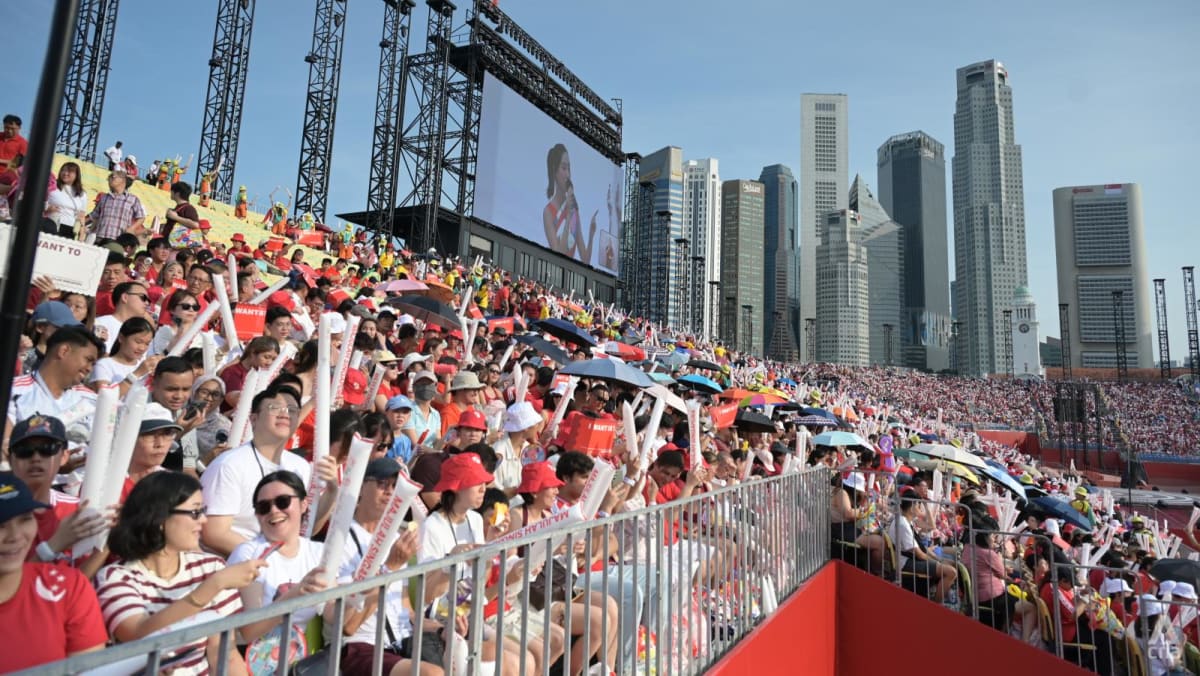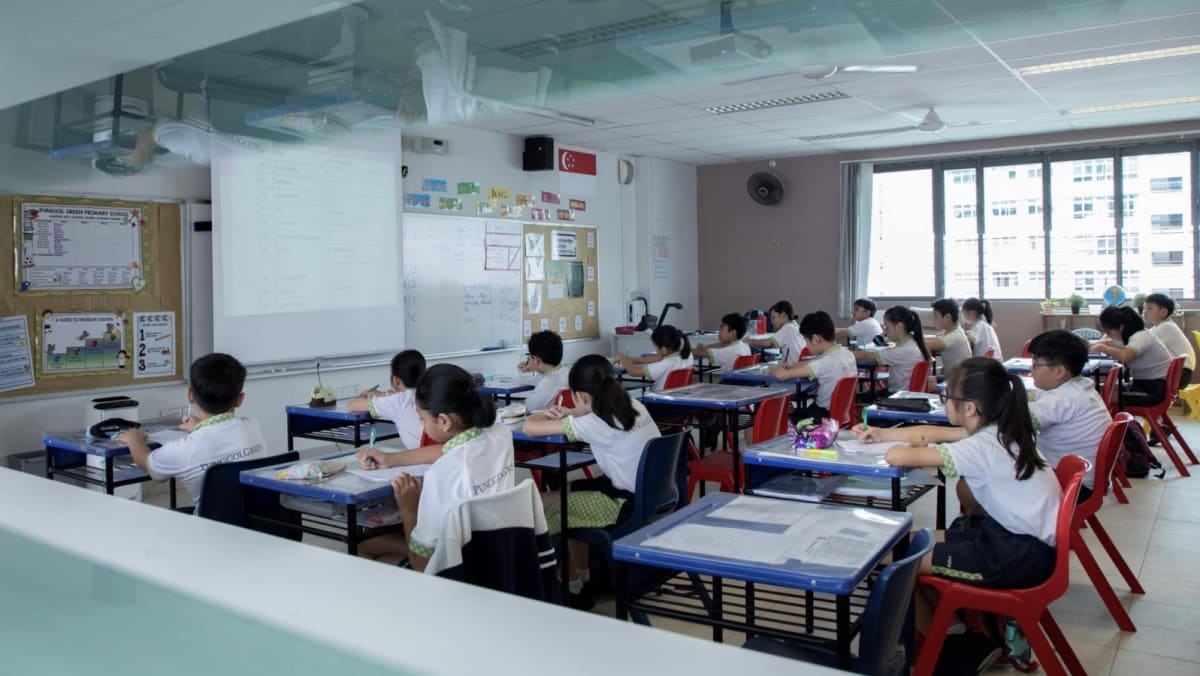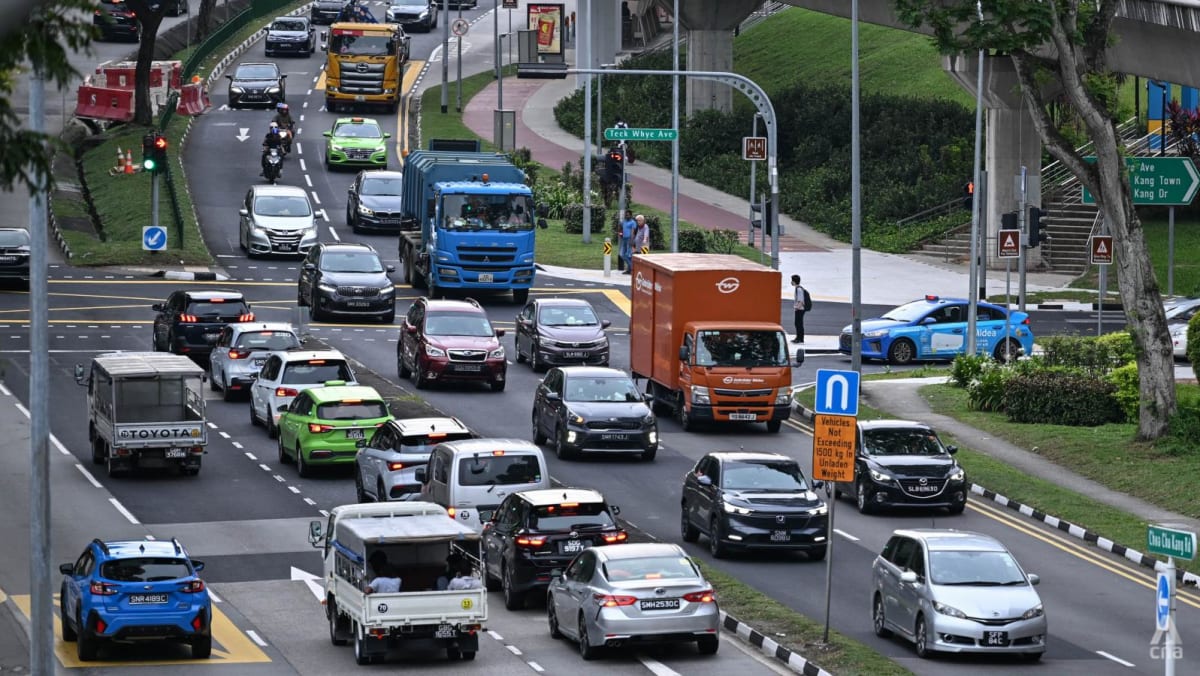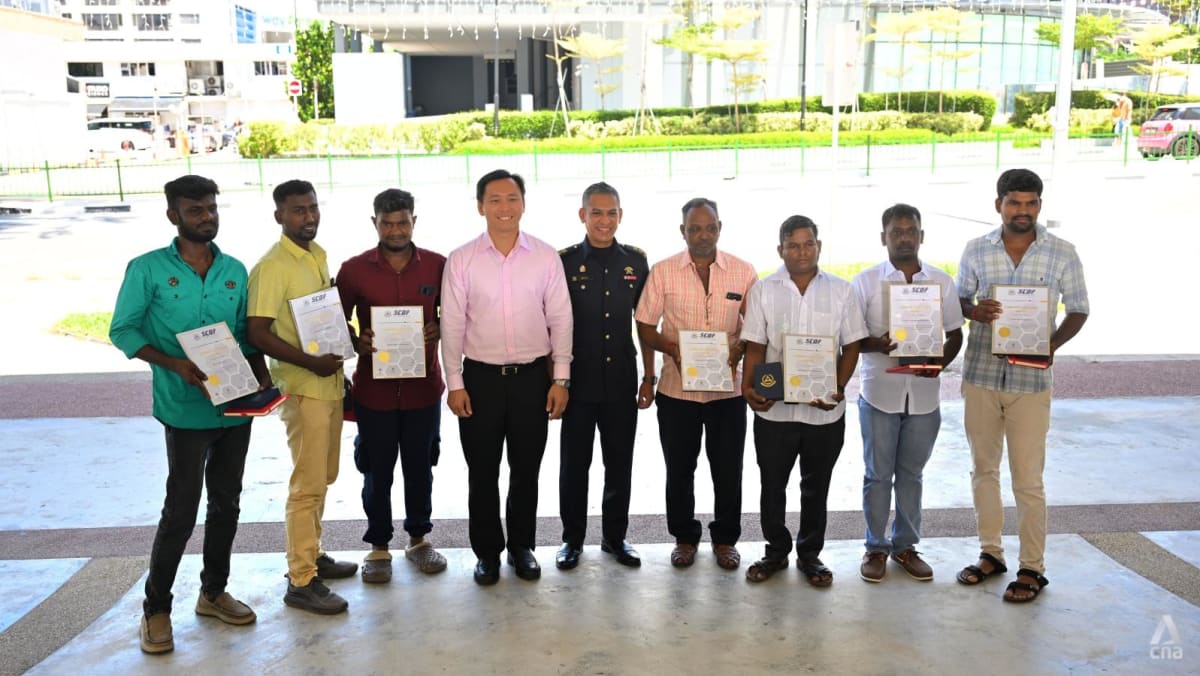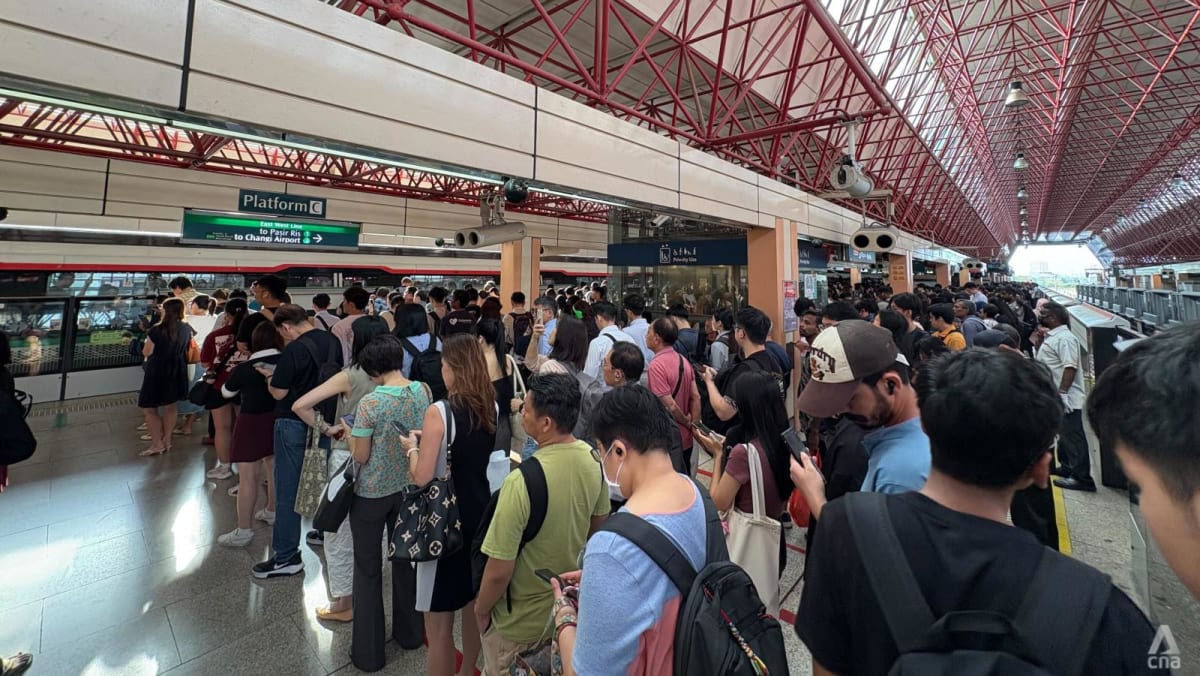My father, now in his 80s and ever politically attuned, noted that this election was different. “There’s so much information now. YouTube, podcasts, all coming straight from the politicians,” he said. In earlier elections, most Singaporeans relied on the national media, WhatsApp messages, taxi drivers and coffee shop talk. That media landscape has certainly changed.
BLENDING ANALYSIS WITH ACCESSIBILITY
When I began researching political podcasts in 2024, the scene was still relatively small, outside of mainstream media. Established platforms like CNA’s Deep Dive were already exploring political and policy issues in audio formats.
But a handful of newer, independently produced channels – socialservice.sg, Teh Tarik with Walid and those mentioned earlier – were experimenting with a different tone and format: interviewing politicians across the spectrum, asking open-ended questions, and discussing politics in ways that felt both casual, less structured yet analytical. Since then, the ecosystem has expanded rapidly.
In the United States, podcasts often amplify partisan divides, offering ideologically tailored content that mobilises like-minded listeners. In Australia, although party leaders actively engaged podcasts and TikTok during the recent campaign, expectations of a “podcaster-led” election ultimately fell flat amid disengagement and geopolitical shocks.






